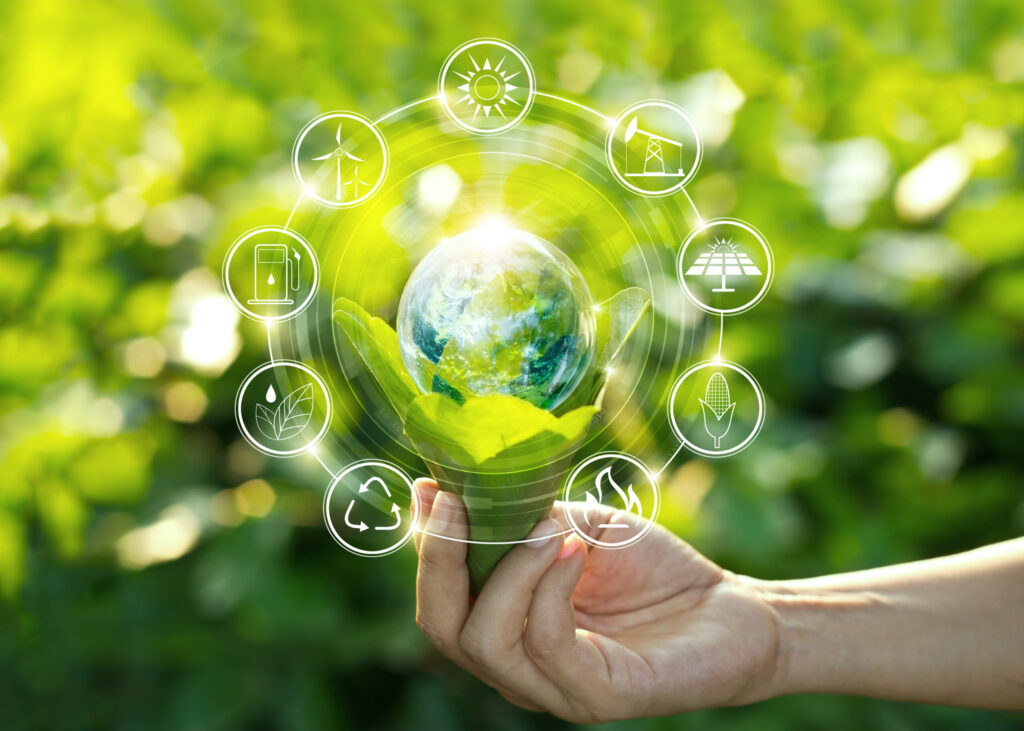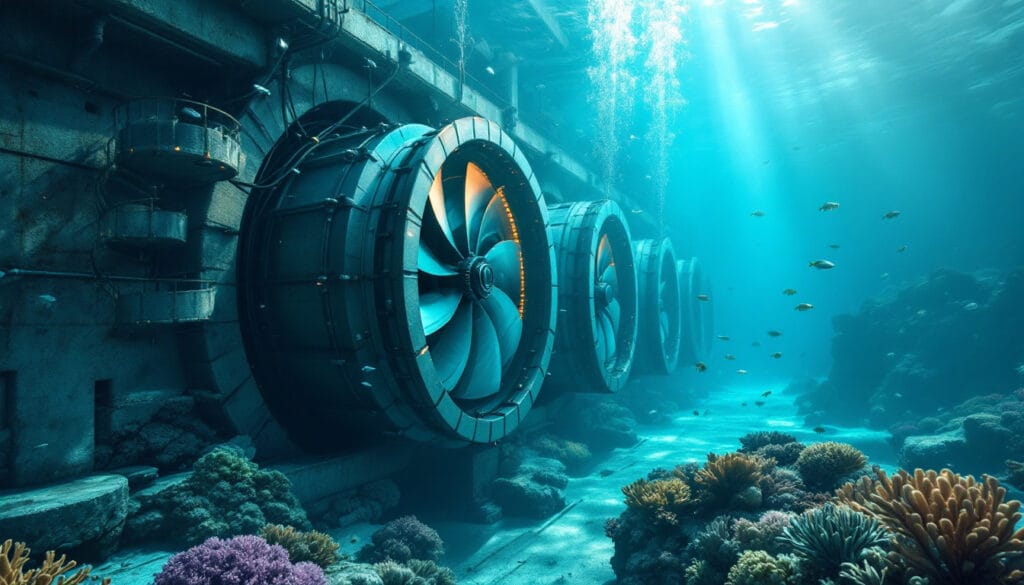In a context where environmental issues are becoming crucial, the concept of sustainable development stands out as an essential path to explore. Born at the end of the 1980s, it aims to reconcile social and economic progress while preserving the environment, thus ensuring that future generations can benefit from unspoiled resources. This approach is based on three fundamental pillars: economic efficiency, social equity, and ecological sustainability, forming the foundations of responsible and visionary resource management for our planet.
Sustainable development is an unavoidable concept for building a harmonious and sustainable future. Initiated at the end of the 1980s in response to an alarming observation regarding the degradation of the global ecosystem, it is now rooted in common practices across the globe. This concept is based on the idea that human societies must meet their current needs without compromising the ability of future generations to meet theirs.
Based on three essential pillars, sustainable development seeks to establish a balance between economic efficiency, social equity, and ecological sustainability. The main objective is to ensure long-term prosperity while minimizing environmental impact and addressing social issues. These dimensions are inseparable and require an integrated approach to succeed.
Historically, sustainable development was formalized at the Rio Conference in 1992, where 27 principles were outlined to guide global policies and practices. These principles encourage the translation of sustainability ideas into concrete actions, thus allowing for the implementation of projects that value environmental preservation, social inclusion, and economic growth.
The challenges of sustainable development are numerous and include the management of natural resources, climate change mitigation, poverty reduction, and quality of life improvement. It is essential to integrate innovative solutions such as the use of green technologies and the exploitation of bioenergies, so that companies and societies are not only efficient but also environmentally respectful.
Some companies are moving towards this sustainable model by integrating solutions such as fuel cells, and adopting strategies aligned with a positive social impact. For example, a European initiative aims to promote these cells intended for heavy machinery.
Some projects and initiatives illustrate this transition towards increased sustainability, such as the connection of 24,240 solar panels by companies, contributing to reducing the carbon footprint and promoting renewable energies.
Sustainable development is a true driver of economic transformation, encouraging not only the growth of businesses but also the regeneration of our planet. With the advancement of green technologies and strategic alignment with these goals, companies position themselves favorably in an increasingly sustainability-focused world. An effective strategic alignment with these goals allows businesses to thrive while contributing positively to the circular economy and a healthier future for all.

FAQ on Sustainable Development
A: Sustainable development is a concept aimed at meeting present needs without compromising the ability of future generations to meet theirs. It relies on three essential pillars: economic efficiency, social equity, and ecological sustainability.
A: The concept emerged in the late 1980s, in response to the increasing degradation of the ecosystem. It was formalized at the Rio Conference in 1992, which outlined a set of 27 principles to guide actions.
A: The goals of sustainable development include a long-term vision for reconciling social and economic progress with environmental protection. This involves developing appropriate policies and practices.
A: The three pillars of sustainable development are: economic efficiency, which seeks judicious use of resources; social equity, which ensures justice among populations; and ecological sustainability, which protects the environment.
A: Adopting sustainable development allows companies to grow while limiting their ecological footprint. It also promotes a strategic alignment that benefits society as a whole, enhancing their image and strengthening their competitiveness.
Articles similaires
Thank you!
We will contact you soon.













